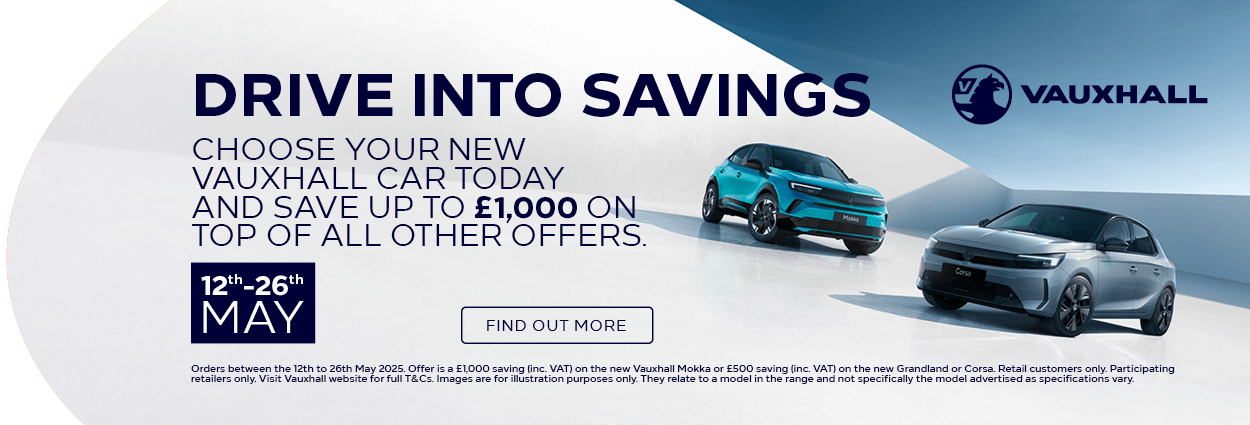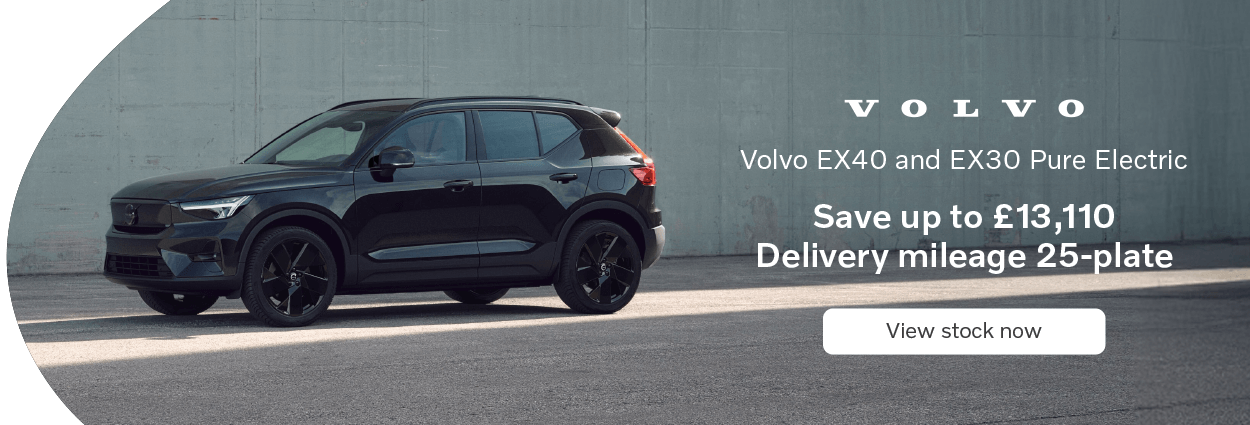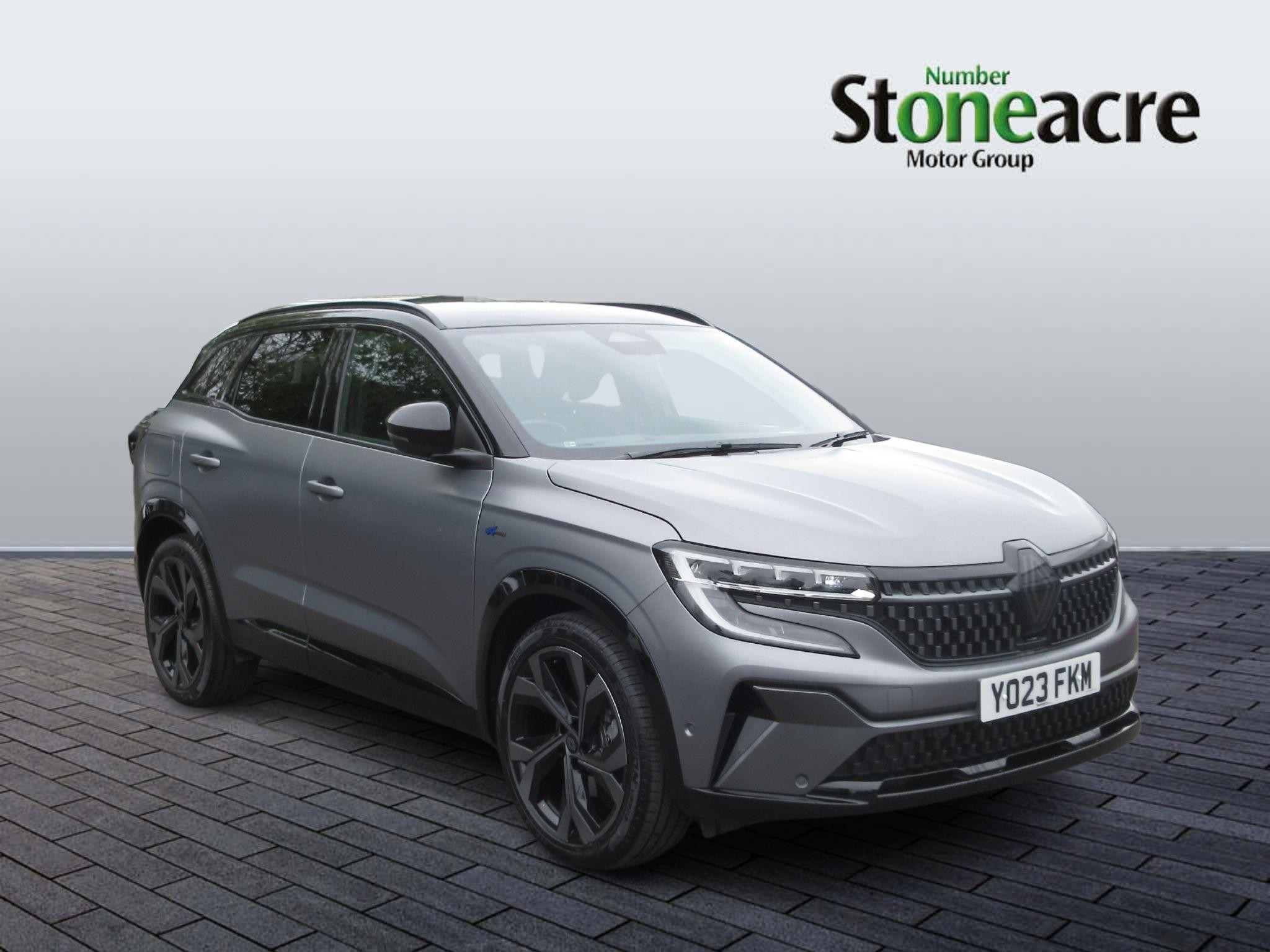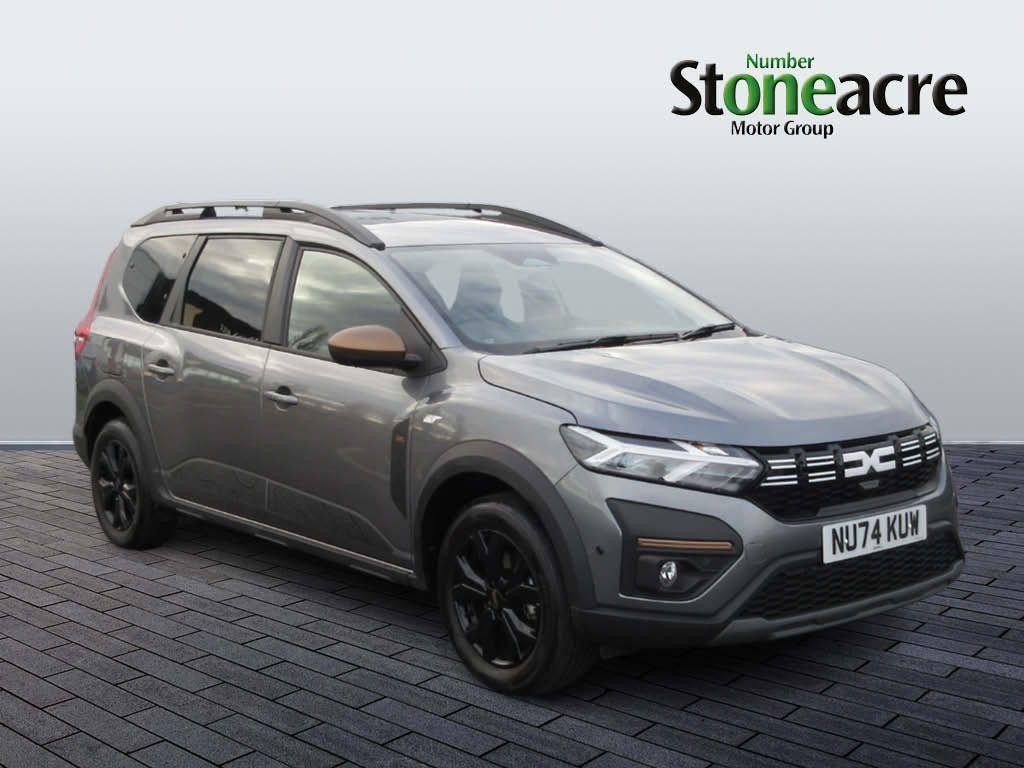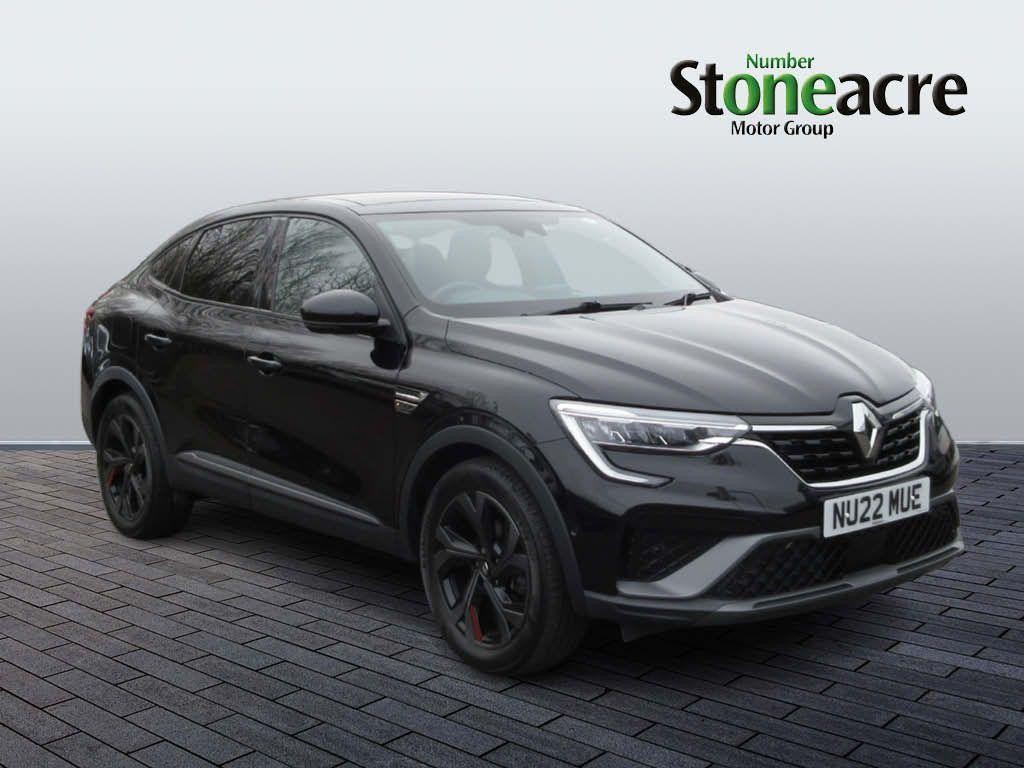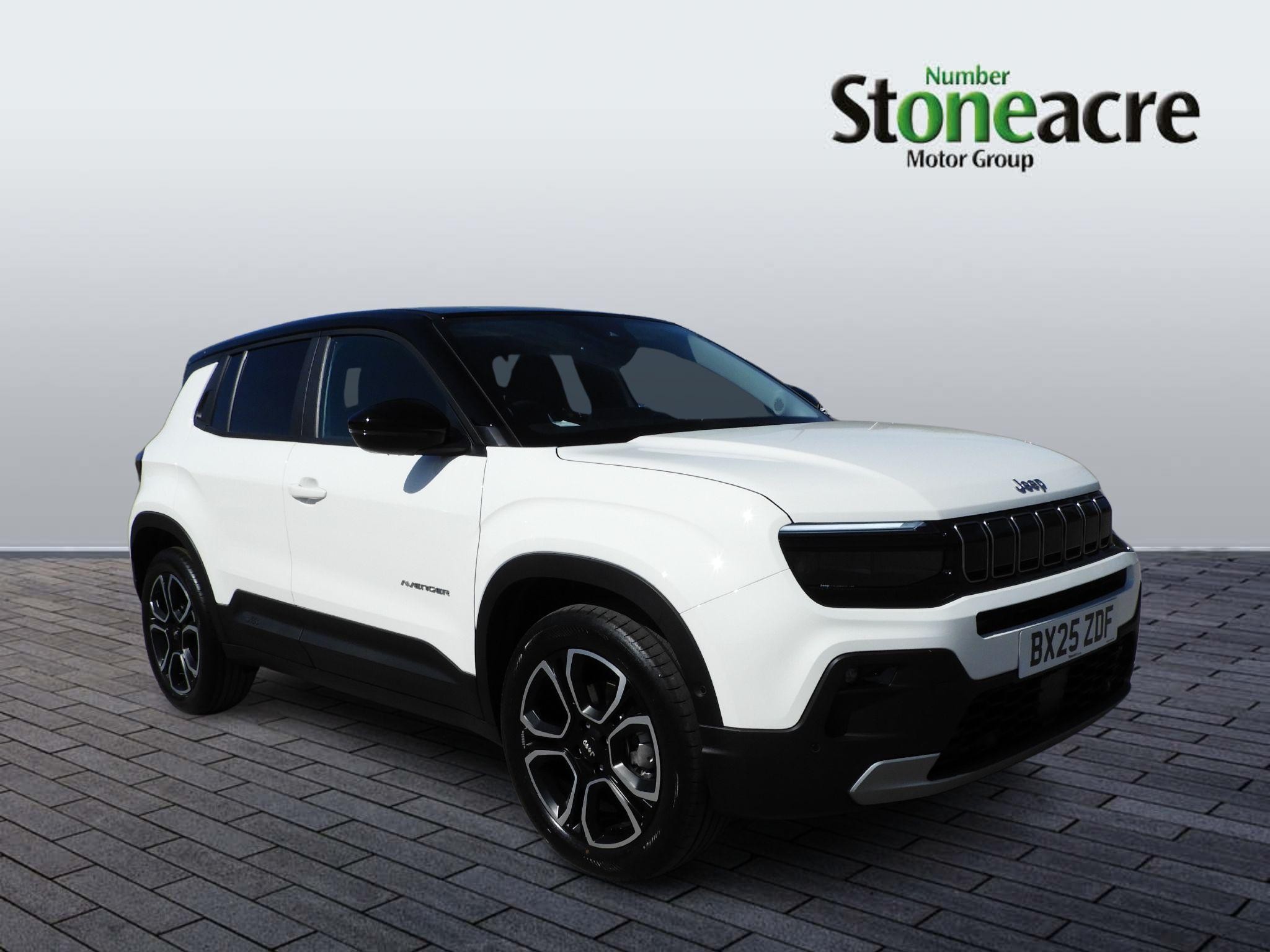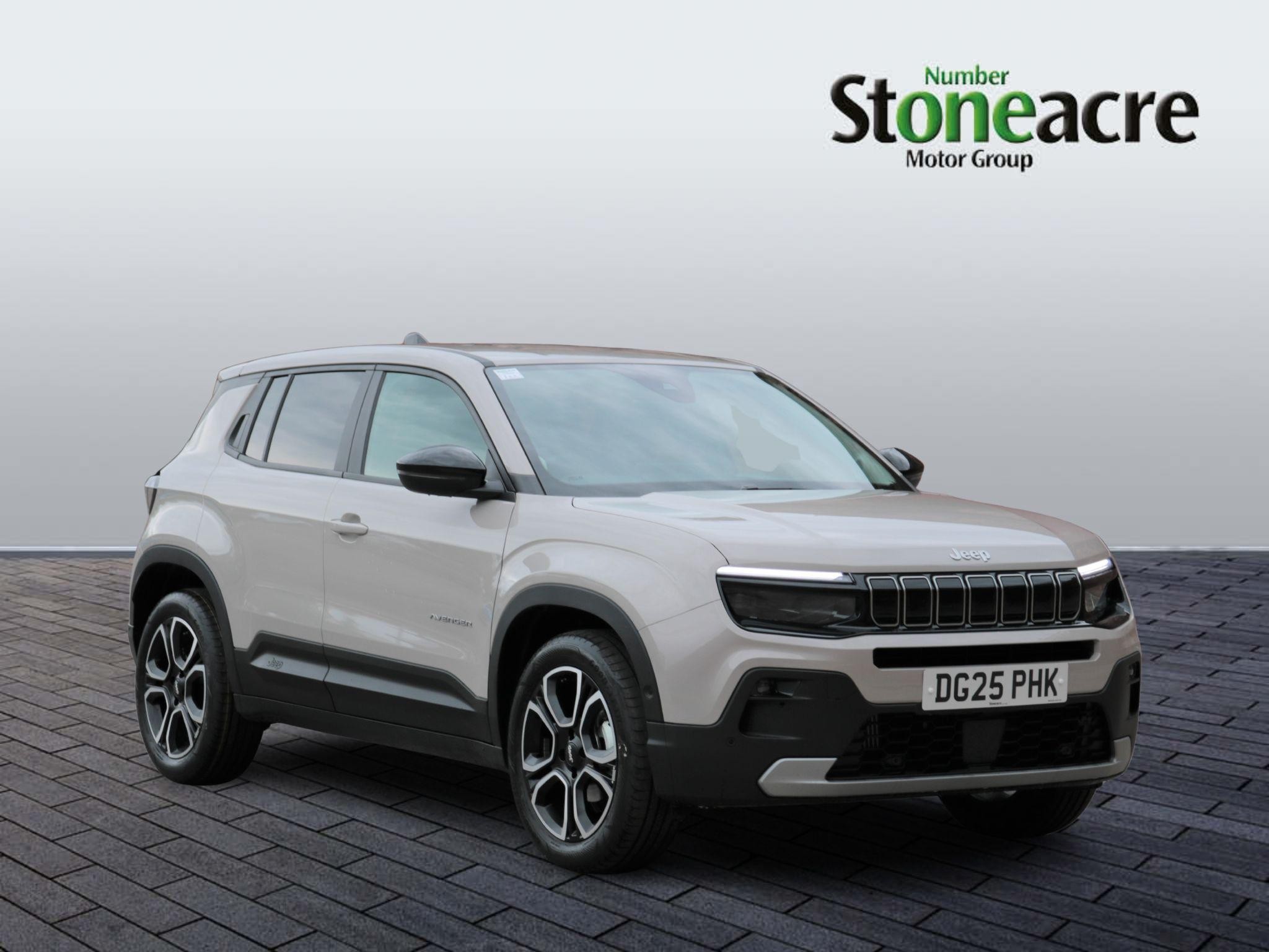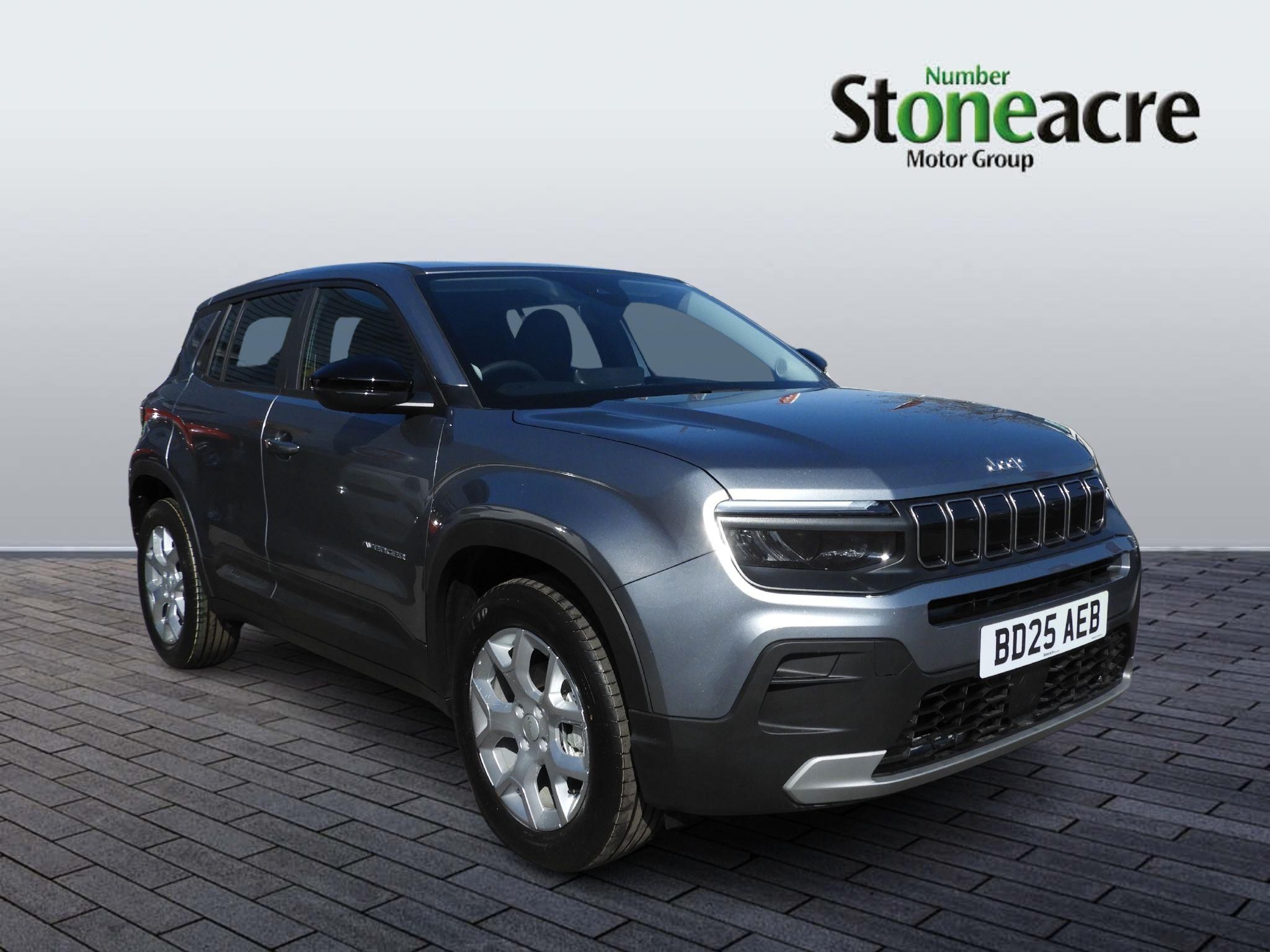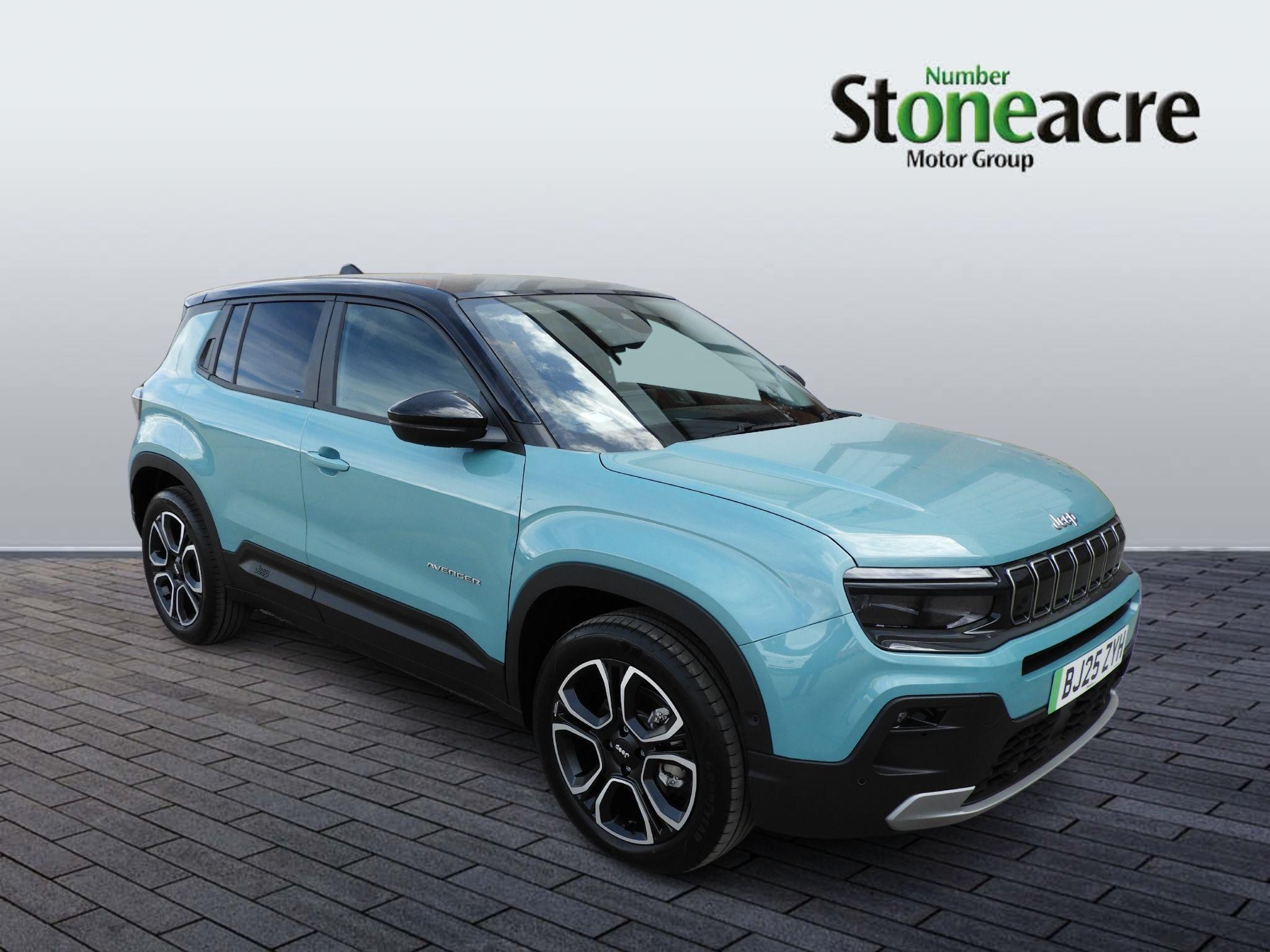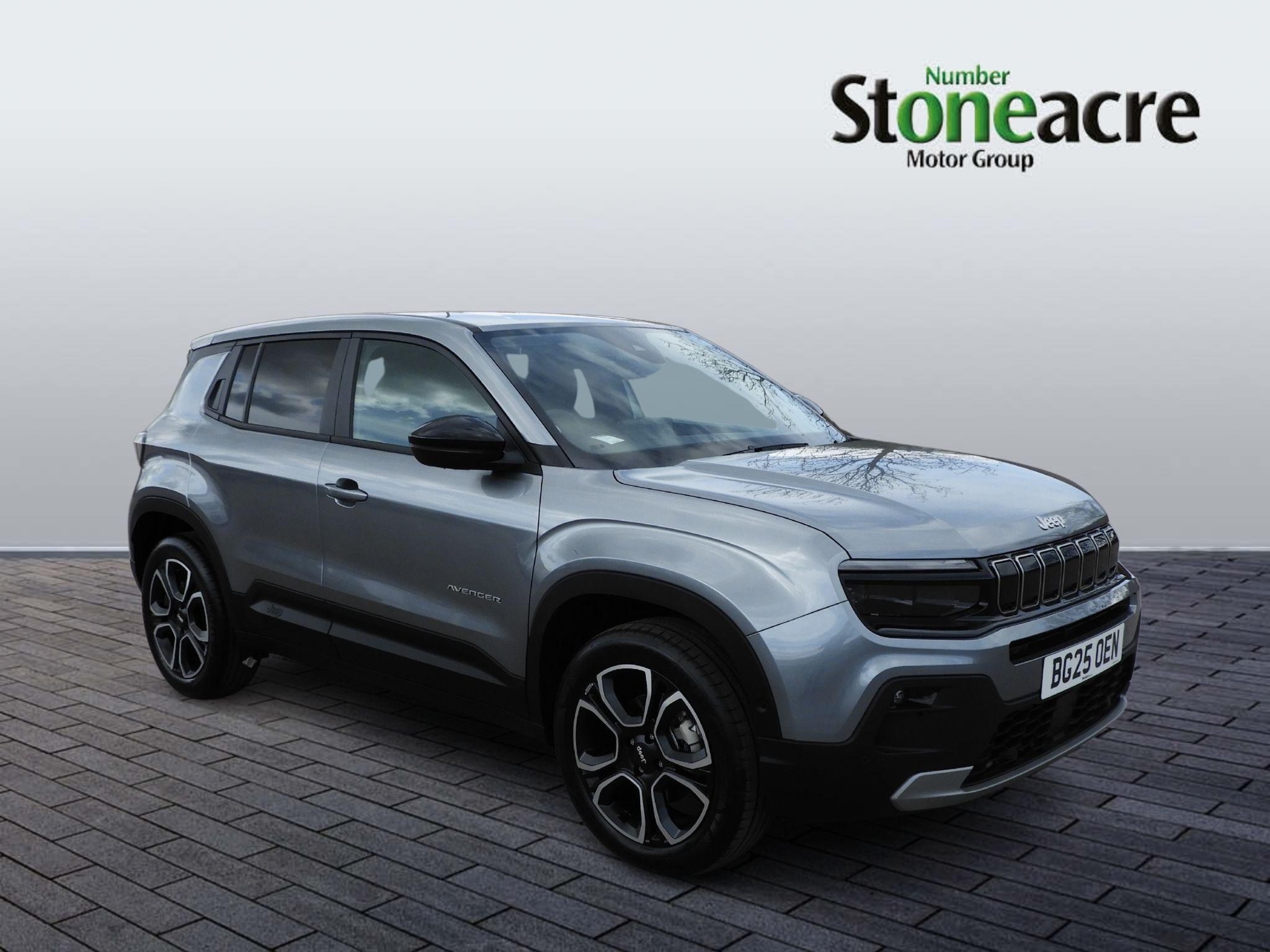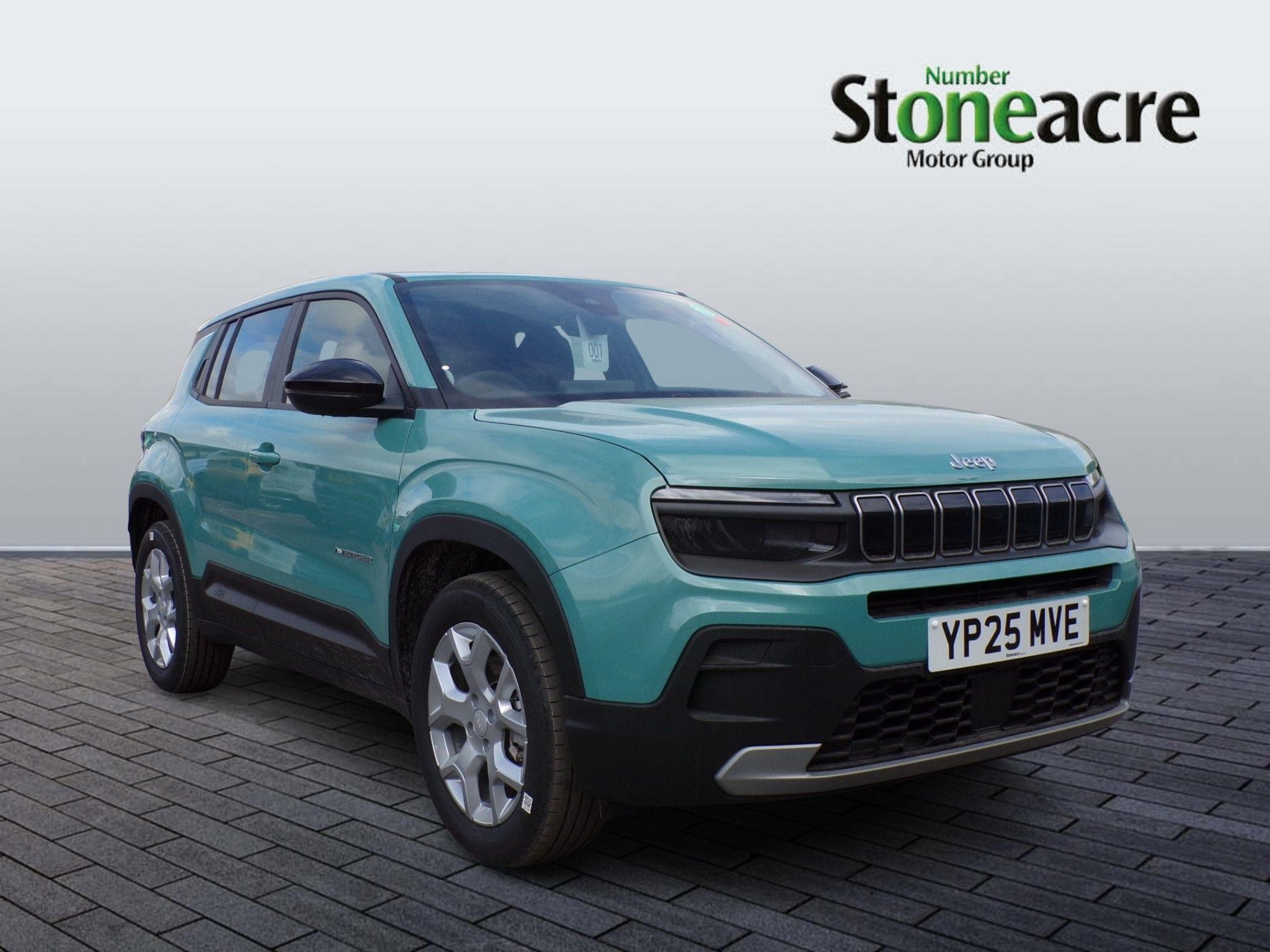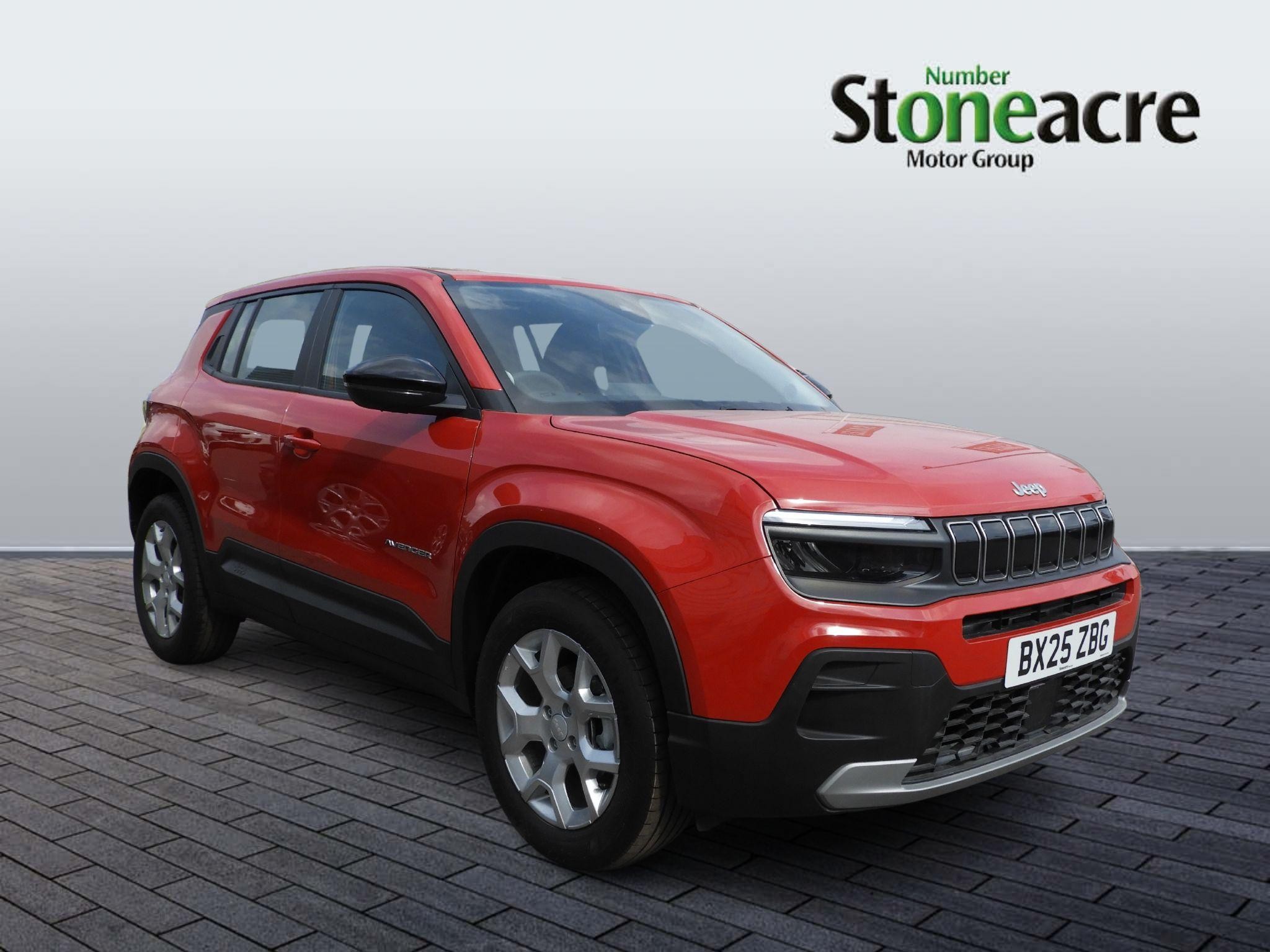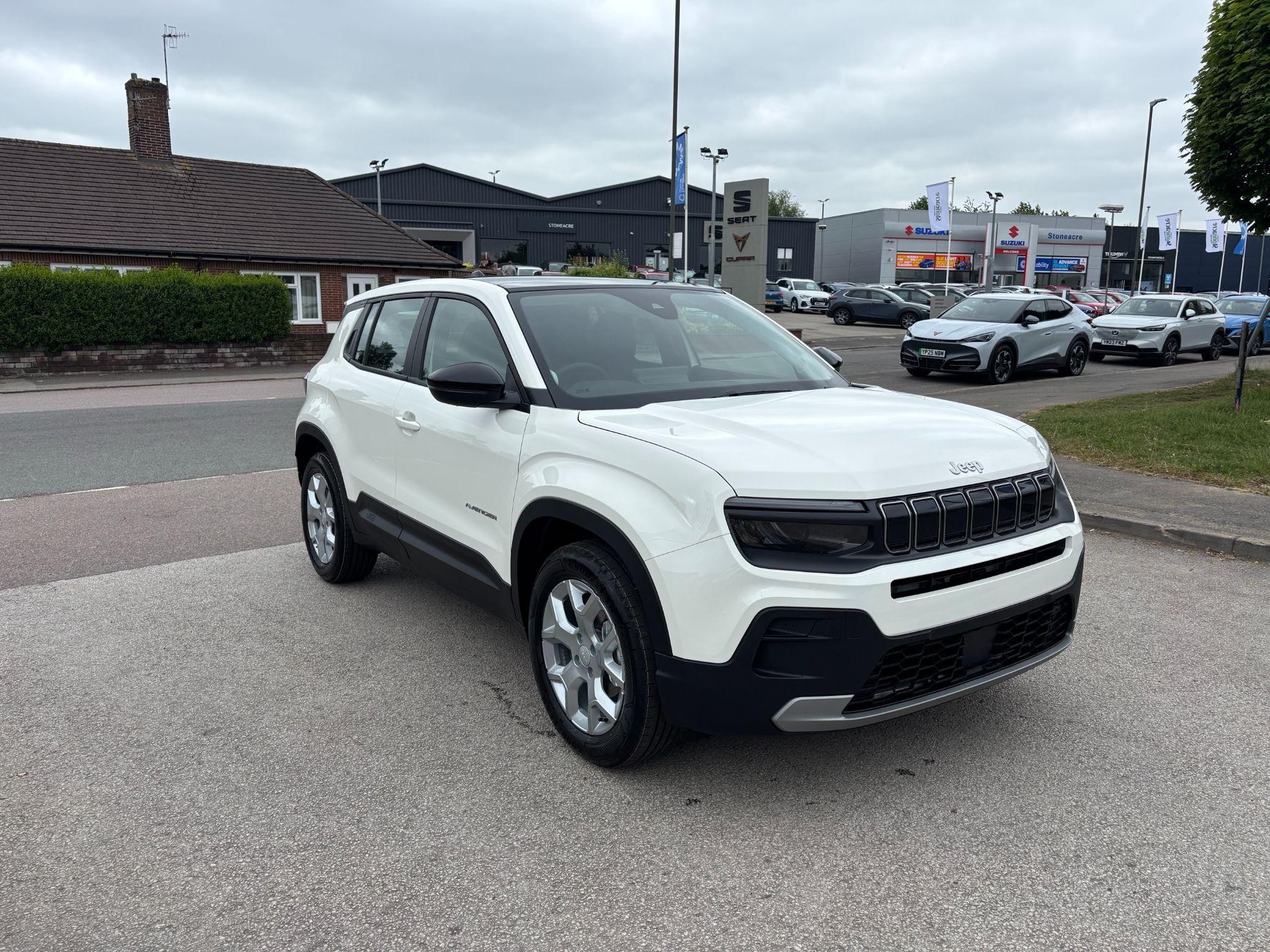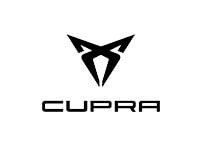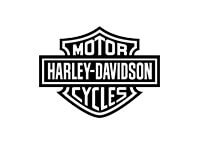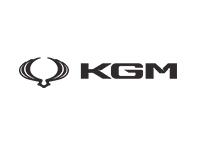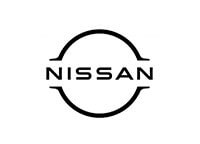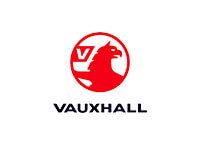Latest Inventory & Offers
Make a great saving on your next vehicle
Recently Reduced Vehicles
All Reduced VehiclesEx-Demo Cars
All Ex-Demo VehiclesNew Vehicles In Stock
All In-Stock New VehiclesProducts & Services
Find what you need right here
Browse Manufacturers
Choose from 29 Vehicle Brands
Latest Articles
Keep up to date with our blog
Representative Example
This represents an average of the deals that our customers receive on other vehicles
We are a credit broker and a lender. We can introduce you to a limited number of lenders and their finance products. We will provide details of products available, but no advice or recommendation will be made. You must decide whether the finance product is right for you. We do not charge you a fee for our services. Lenders will pay commission to us (either a fixed fee or a fixed percentage of the amount you borrow) for introducing you to them, this may be calculated in reference to a variable factor such as (but not limited to) the vehicle age, your credit score and the amount you are borrowing. Different lenders may pay different commissions for such introductions.












